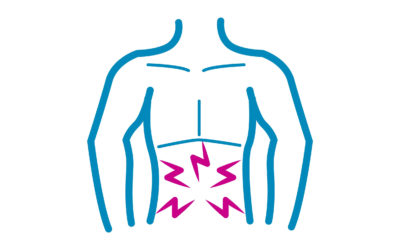Blood Pressure and Procrastination
Procrastinators are people who tend to put things off. Procrastinators often find that deadlines help them focus to get things done. I am a procrastinator and have to work to make sure that I don’t miss deadlines and that putting things off doesn’t adversely affect my life. While I enjoy the rush of a challenging deadline and finishing a project under pressure, there still is that pressure. I often find myself thinking that ‘next time’ I will do things differently. I strike a balance by having projects completed, but just not taking the action to submit them until a deadline prevails.
So, I was reading an article recently on blood pressure that made me think about patients and healthcare providers who procrastinate. While many patients will immediately take care of a health issue, there will be others – the procrastinators – who put things off. I’m not sure that the rush is quite the same when the challenging deadline is avoiding a fatal event, but that can be the literal ‘dead’line.
Blood pressure has been a prominent health measure for many years. Many people know their blood pressure, and some have high blood pressure. You can check your blood pressure at many pharmacies and grocery stores. The higher number, the systolic blood pressure, represents the pressure on blood vessels as the heart contracts; the lower diastolic number represents the pressure as the heart relaxes and fills with blood before the next pumping heartbeat. Pharmacists are usually available to talk with you about blood pressure and hypertension medications.
There has been some discussion over the years as to what constitutes the “best” blood pressure and at what level blood pressure should be treated. A blood pressure of 120/80 is considered normal. Blood pressures up to 140 systolic or 90 diastolic are considered pre-hypertension and may not be treated. If you have an underlying condition, such as diabetes, that might predispose you to heart problems, your physician might set a lower goal for your blood pressure.
The issue for procrastinators may be how long you can get away with putting off treating high blood pressure; when is the ‘deadline’ for treating hypertension?
An interesting paper from Beth Israel Deaconess Hospital in Boston published earlier this year in the British Medical Journal helped answer this question. Almost 90,000 adults were followed to determine the relation between their delay in starting or increasing blood pressure treatment, scheduling or delaying a follow-up visit and their risk of a cardiovascular event (like a heart attack, stroke, heart failure, or peripheral vascular disease) or death.
While earlier treatment is preferred, the study found that the large increases in the number of heart attacks, strokes and other cardiovascular events occurred in patients who delayed treating systolic blood pressures above 150 for more than about 6 weeks or who delayed their follow-up visit (to make sure their blood pressure was controlled) longer than about 3 months. The results confirm the importance of not procrastinating care when you have high blood pressure. (1)
Many procrastinators are great people, although we can be aggravating to those who don’t understand us. Whether you’re a procrastinator or not, you can check your blood pressure at many pharmacies and grocery stores, and can talk to your pharmacist about it. If your blood pressure is high, you now have a deadline to work towards: see your physician within 6 weeks and follow up within 3 months after your visit.
We don’t want to lose any of you!
References:












